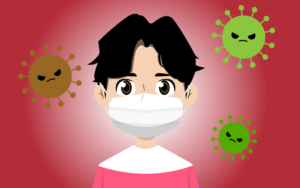From a psychiatric medical doctor’s perspective, technology has profoundly transformed the
landscape of mental health care, enhancing both diagnosis and treatment.
There are many key advantages of technology in mental health treatments.
Personalized treatment is one area that has been greatly positively affected. Advancements in data analytics and electronic health records facilitate a more personalized approach to treatment, enabling psychiatrists to track patient progress over time and make data-driven decisions that enhance therapeutic outcomes.
Improved access to mental health services is also helpful. Telemedicine, for instance, has significantly broadened access to care, allowing patients in remote or underserved areas to receive timely consultations without the barriers of travel. This accessibility
not only helps in reaching individuals who may otherwise avoid seeking help due to stigma or logistical challenges but also fosters a continuity of care through regular check-ins.
Increased patient engagement has also been shown more recently Moreover, the rise of digital mental health tools,
such as mobile apps and online therapy platforms, has opened new avenues for patient engagement and self-management. These technologies empower individuals to monitor their mental health through mood tracking and cognitive behavioral
therapy exercises, promoting a proactive approach to wellness.
The primary drawback of using technology in mental health treatments, to me, is that there can be a lack of human interaction and privacy concern. While these innovations present exciting opportunities, they also require careful consideration of ethical implications, such as data privacy and the need for maintaining the human touch in therapeutic relationships, which remain crucial in psychiatric care.
This article was brought to you from an MD Clinical Psychiatrist.





Great post. I am facing a couple of these problems.
раскрутка веб сайта
Very interesting topic, thanks for putting up.
he blog was how do i say it… relevant, finally something that helped me. Thanks